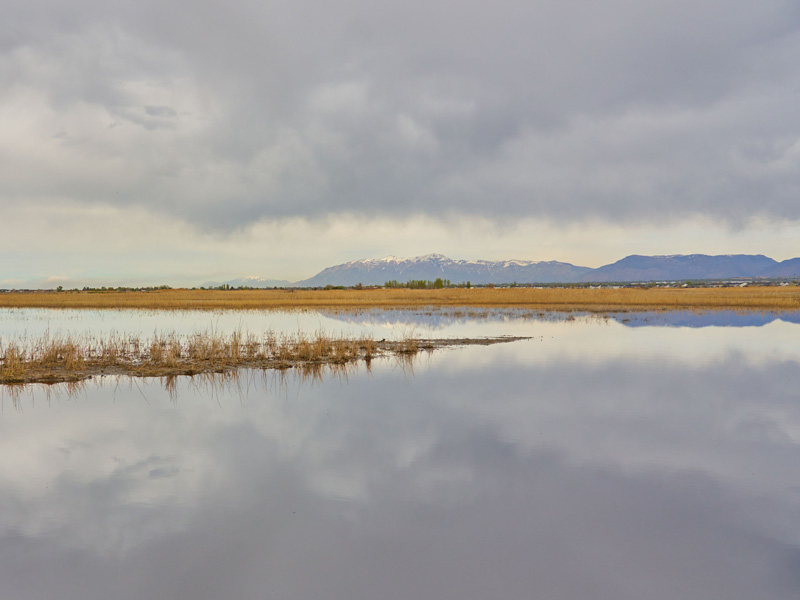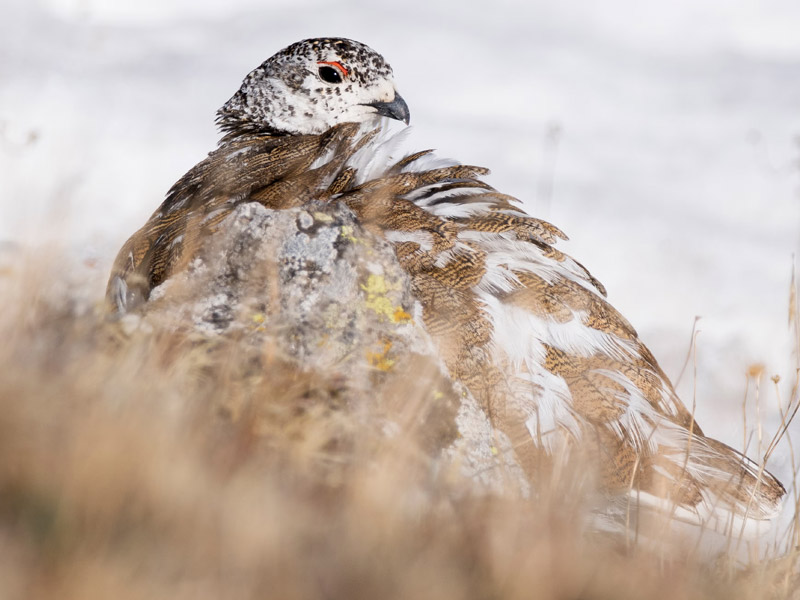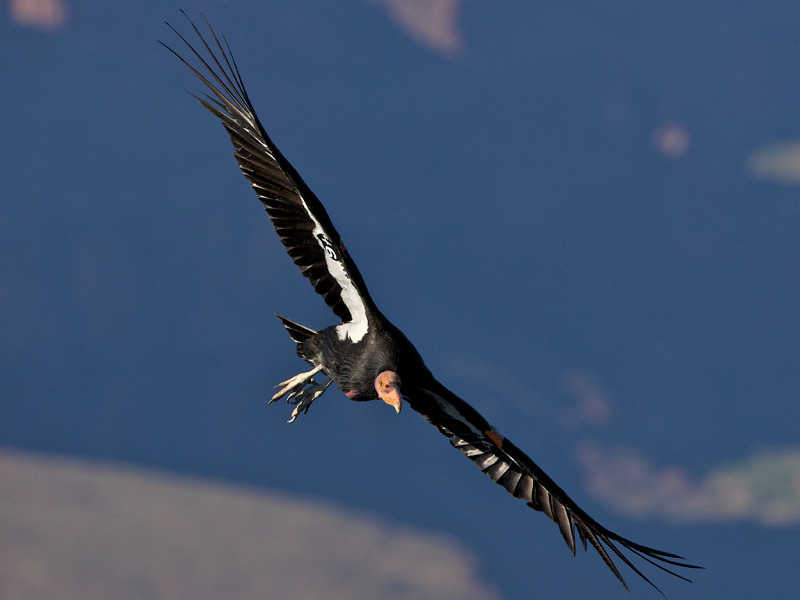 |
|
COP30: Birds Show Us the Way to Climate Solutions
|
| This week, Audubon experts are in Belém, Brazil for COP30 to help advance solutions that halt and reverse global climate change, all while ensuring that birds—and the ecosystems they rely on—remain central to climate discussions. |
| Read more |
 |
|
Black-cheeked Gnateater.
|
|
 |
 |
|
Greater Sage-Grouse.
|
|
| Sound Management Plans Needed for Sage Grouse |
|
Earlier this year it was reported that Greater Sage-Grouse are now effectively extinct in the state of North Dakota, underscoring the urgent need for the Bureau of Land Management to approve management plans that protect the habitat this species needs to survive.
|
| Read more |
|
|
|
|
 |
 |
|
Completed wetland restoration site of Peregrine Pond along Great Salt Lake wetlands.
|
|
| Wetland Restoration Funding Benefits Great Salt Lake |
|
Two years after $8.5 million in funding was granted for work that spanned more than 13,000 acres of wetlands and habitat surrounding Great Salt Lake, one of the projects has been completed. Peregrine Pond in Utah has been restored to a healthy wetland complex.
|
| Read more |
|
|
|
|
 |
 |
|
White-tailed Ptarmigan.
|
|
|
|
|
 |
|
Climate Corner
|
|
Many bird species are facing rapid declines from climate threats, and responsibly planned wind energy can help protect them. A new publication from the Renewable Energy Wildlife Institute (REWI) summarizes how land-based wind power affects birds and bats in North America and highlights the latest strategies to avoid and minimize impacts. It emphasizes that careful planning, research, and collaboration are essential to advancing the wind energy projects we need.
|
| Read more |
 |
|
California Condor.
|
|
 |
|
Your Actions At Work
|
|
Two resolutions moving through Congress right now would open America’s Arctic to oil drilling, despite overwhelming public support for keeping decades of environmental protection in place. The Arctic National Wildlife Refuge and the Western Arctic in Alaska represent some of the most critical bird habitats on the planet and must be protected from industrial development. Thank you to the more than 22,000 Audubon supporters who have urged their members of Congress to uphold protections of these pristine public lands. If you haven’t already, please join these efforts today!
|
| Take Action |
 |
|
Trumpeter Swan.
|
|
|
|
|
|
Photos from top: Ti Yung Hwa/Audubon Photography Awards; Amanda Stern/Audubon Photography Awards; Trip Armstrong/Audubon; Adam Wilson/Audubon Photography Awards; Richard Simonsen/Audubon Photography Awards (left); Scott Pudwell/Audubon Photography Awards (right)
|
|
|
|
|
|
|
|
|
|
National Audubon Society
225 Varick Street
New York, NY 10014 USA
(844) 428-3826 | www.audubon.org
© 2025 National Audubon Society
Update your email preferences or unsubscribe
|
|
|
|
|